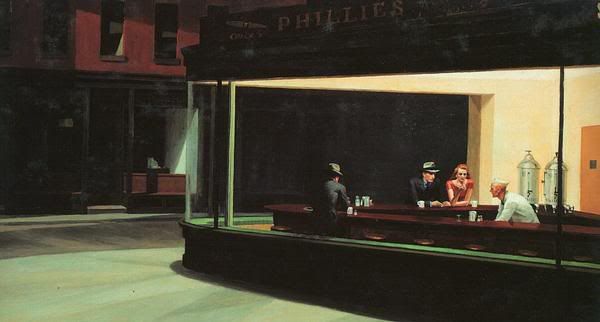Saturday, October 25, 2014
"Its A Hard Trade Being A Man"
The title is a quote from Hemingway, as verbatim as you can get from a movie. This idea reflects both his life and his writing. Often, the male characters in Hemingway's shorts stories get it rough: Macomber ends up dead, the old waiter is a severe insomniac, the Indian man cuts his throat, Manuel is badly injured, Nick Adams is scarred both mentally and physically and very possibly suffering from PTSD. Why does Hemingway treat his male characters so? Of course, with Nick he is reflecting on his own life experiences, and the old waiter is Hemingway by all but name and trade. While both Hemingway and Macomber are safari hunters, Hemingway was not shot by his wife. Who or what does Macomber symbolize? Hemingway writes very almost nothing without meaning. Why does he have to die? The Indian man is also an enigma. He cuts his throat after his wife has an extremely difficult time birthing someone else's child, Nick Adam's uncle's child. Hemingway also had several affairs during the course of his marriages. Is he reflecting here on the consequences of those affairs? Usually, they caused his current marriages to end. The Indian man who cut his own throat could be a symbol for Hemingway's marriages; when the affair occurs, the marriage dies. Hemingway could also be suggesting that the ending of a marriage is not his fault. His biographical character, Nick Adams, stands to the side and watches his father discover the dead man. He has no contact with him and did nothing to drive him to such extreme lengths. Could Hemingway be suggesting that the marriages where killed by whichever woman he was married to at the time? And does he feel bad about putting his children through al of this every time he gets a divorce? The woman giving birth could symbolize his children, struggling every time he changes wives. Whatever Hemingway meant and symbolized in his short stories, men having a hard time is an almost constant theme.
Subscribe to:
Post Comments (Atom)

No comments:
Post a Comment